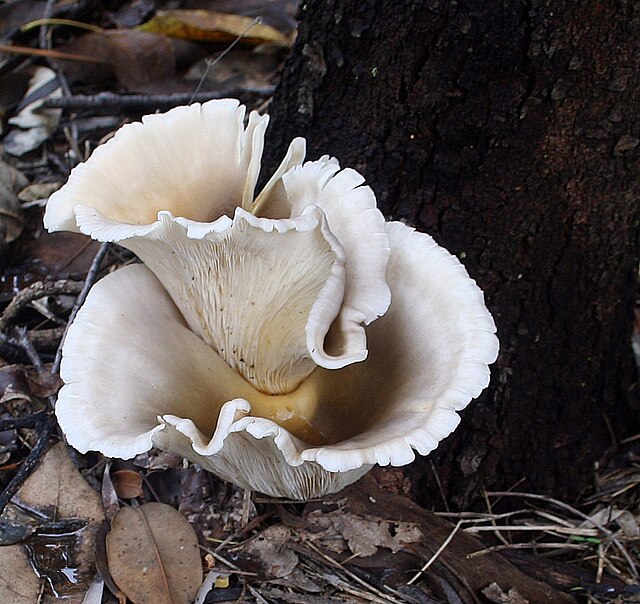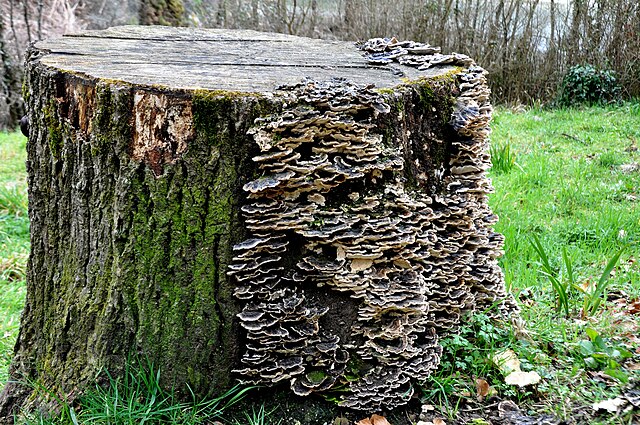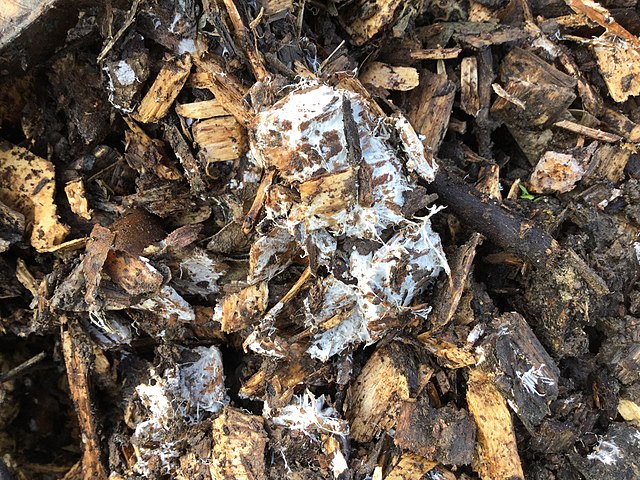Infinite photos and videos for every Wiki article ·
Find something interesting to watch in seconds
Animals
Countries of the World
Celebrities
Wonders of Nature
History by Country
Supercars
Ancient Marvels
Crown Jewels
Largest Palaces
Kings of France
Best Campuses
Orders and Medals
Presidents
Wars and Battles
Rare Coins
Largest Empires
Richest US Counties
Recovered Treasures
Great Museums
British Monarchs
Great Cities
Sports
Famous Castles
World Banknotes
Tallest Buildings
Great Artists
more top lists








